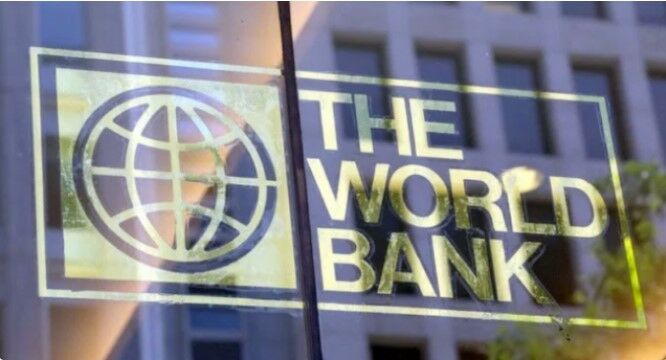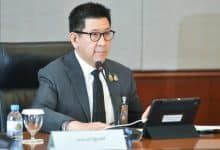Thailand’s power play: Hosting mega IMF and World Bank meetings in 2026

The Chief of the Fiscal Policy Office (FPO) unveiled Thailand‘s ambitious proposal to host the annual meetings of the International Monetary Fund (IMF) and World Bank in 2026.
On October 15, the Finance Ministry, Bank of Thailand, and IMF and World Bank reps threw ink on a memorandum of understanding, sealing the deal for Thailand to reclaim its throne as the host, a role last held in 1991. But this ain’t just any meeting, it’s a power-packed economic extravaganza, and Pornchai Thiraveja, FPO’s bigwig, is ready to reveal all.
“At these meetings, the theme will be determined according to critical development issues facing the global economy.”
Pornchai added that Thailand gets to pitch its own thought-provoking topics for consideration. Move over, economic giants, Thailand’s got a seat at the table. But it’s not just about economic jargon and policy talk.
The FPO chief states that the meetings would be a golden opportunity for the country to flex its hospitality muscles, proving it can host world-class events with finesse, reported Bangkok Post.
“Thailand will assume a leading role in driving and facilitating the global policy agenda and dialogues.”
Chayawadee Chai-anant, the Bank of Thailand’s assistant governor in the corporate relations group, discloses Thailand’s second stint as the host. Thailand joins the elite club with Turkey and Japan. Over the past decade, the meetings have been tackling heavy hitters—green development, sustainable development goals, and global financial stability.
In related news, the World Bank has highlighted the potential for growth in Thailand’s secondary cities such as Chiang Mai, Khon Kaen and Rayong in a recent study.
The report, Thailand Urban Infrastructure Finance Assessment, suggests that these cities could boost Thailand’s economy if they invest in urban infrastructure improvements, such as mass transit systems and renewable energy sources.
However, the study points out that these cities will need to access private capital to finance these investments, rather than relying solely on central government funds. Read more about this story HERE.
Latest Thailand News
Follow The Thaiger on Google News:


























